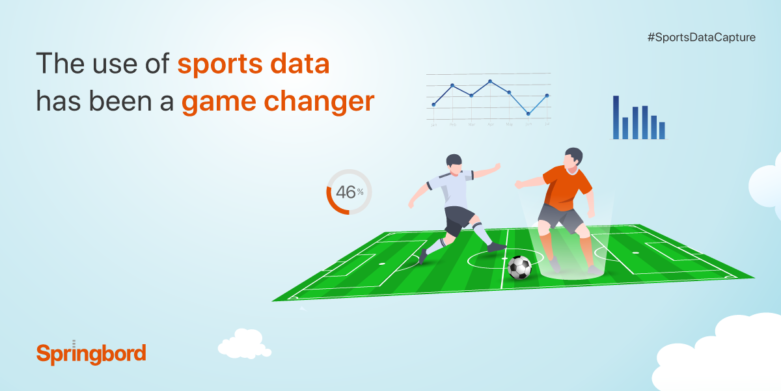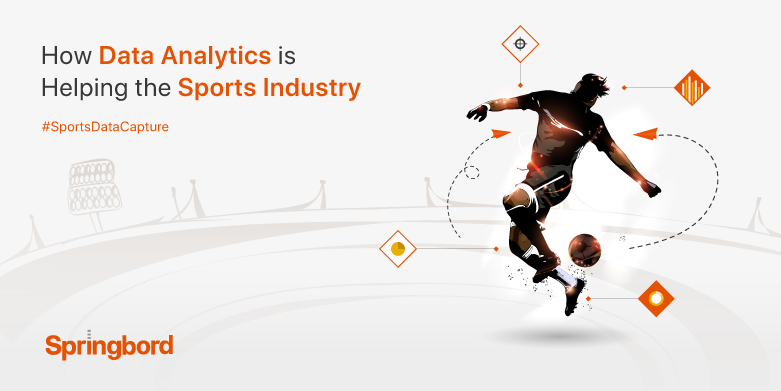 Read time 2 min
Read time 2 minWhether it is football, baseball, cricket, basketball, or formula 1, every professional sport today has become highly competitive, where even the smallest of change can impact the entire course/outcome of the game. From hard-core loyal fan base to seasonal followers every enthusiast is looking for more and detailed information related to performance and surrounding events and conditions.
While performance tracking has always been central to professional sports, it has gone several notches up lately. It is due to aggressive competition, increased awareness about players’ health, fitness, and safety, and the huge amount of money involved in these professional sports. Besides followers and fans, every franchise is looking to track and analyze sports data to continually improve and beat the competition. This trend is fueling the surge in the demand for sports data analytics and in turn sports data capture.
Capturing and aggregating the deluge sports data
Rapid technology advancements have led to sports data deluge. This data has the power to unlock great insights and take any sport to the next level. However, to be able to analyze this vast volume of data you need to have the ability to capture, process, standardize, and aggregate. Without structure, it is difficult to build statistical models. Whether you are looking to improve performance, predict the game results, strategize on the field, identify the next superstars, or drive deeper engagement – everything starts with sports data capture. To analyze and use data to your advantage, it is imperative to capture and process a wide range of sports data quickly, accurately, and efficiently.
Accessing granular data from live telecast/footage
Quantitative analysis is key in sports data analytics to be able to gain meaningful insights. But qualitative analysis demands a huge volume of sports data that needs to be captured during the game. This is particularly tricky unless you have extremely advanced and high-end and sophisticated tracking technology that is easily accessible to sports analysts. But gaining access to the granular level of data in an ongoing game is critical for live stats and quantitative analysis. You need a dedicated team who are well versed with the game and are skilled in data management to help you gather the right data using footage or live telecast (in case you want the data in near real-time).
Outsourcing sports data capture
This is becoming a go-to option as outsourcing sports data capture service allows you to amass sports actions in real-time or from recorded videos. From betting companies, sports data scientists, franchises, to fantasy sports organizations, industry players are increasingly relying on sports data capture services for accuracy and efficiency.







